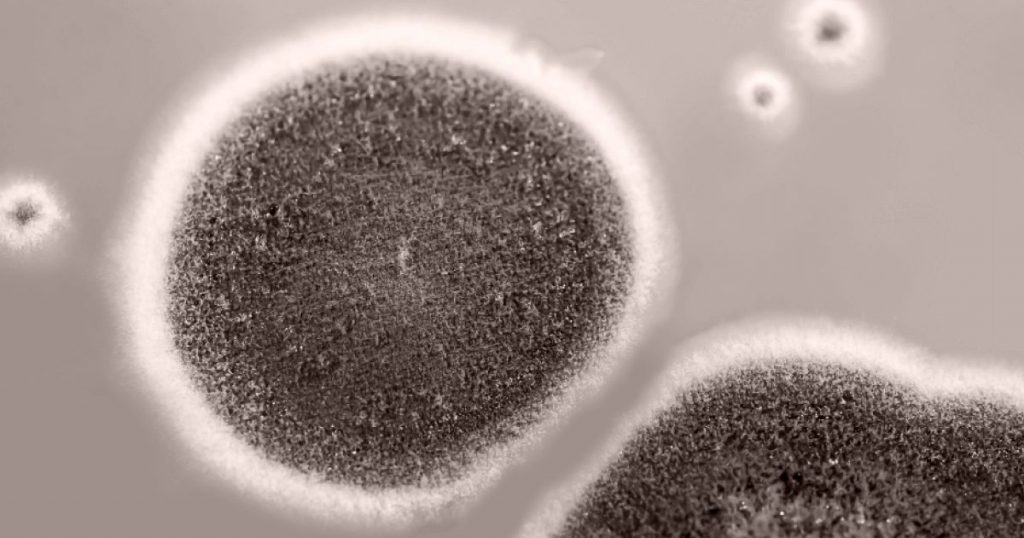September 25, 2023
Navigating the Intricacies of Biotechnology
Biotechnology is essentially the art and science of harnessing nature’s toolkit to enhance and modify the attributes of plants, animals, and microorganisms. With its roots firmly planted in diverse areas such as healthcare, agriculture, and genetic engineering, biotechnology is carving out new pathways in these sectors.
Let’s journey into the heart of biotechnology’s role in agriculture and touch upon its profound impacts.
Biotechnology’s Hand in Modern Farming
Agricultural biotechnology is where tradition meets innovation. It’s a blend of time-tested scientific approaches and advanced DNA manipulation techniques to better our plants, animals, and microorganisms.
The consensus among many professionals is that weaving biotechnology into farming can pave the way for sustainable alternatives. Traditional farming chemicals, while effective, sometimes pose ecological concerns and may not be pocket-friendly for every farmer.
Here’s a snapshot of biotechnology’s transformative touch on agriculture:
Gene Alteration Techniques
This involves the strategic tweaking of genes in a controlled ambiance, often employing recombinant DNA methodologies. The result? A genetic makeover of the organism in question.
Tissue Cultivation Techniques
Imagine nurturing tiny plant or animal tissue fragments in a carefully controlled environment, allowing them to flourish.
Embryo Conservation
This advanced method ensures that immature embryos thrive in a monitored environment, a pivotal strategy for safeguarding precious seeds, be it ancestral or culturally significant.
Cellular Genetic Fusion
This is the science of modifying a cell’s genome through the fusion of protoplasts.
Genomic Signposts
In the vast landscape of genetic modification, these markers serve as signposts to particular DNA locations.

Genomic Diagnostics
An ensemble of techniques that delve deep into the genome and proteome, shining light on the intricate dance from gene to protein.
Vaccines
These are biological agents designed to spark specific immune responses, warding off diseases like polio.
Plant Replication Techniques
It’s the magic of reproducing plants in pristine, controlled conditions.
The Far-reaching Effects of Biotechnology on Agriculture
The gifts of biotechnology to agriculture:
Richer Harvests: Thanks to fortified resistance and adaptability, biotechnology gifts us with bumper yields.
Fortified Crop Defense: Biotechnological innovations offer both cost-effective and potent protection against pests.
Nutrient Boost: We now have the prowess to grow crops laden with essential nutrients and with enhanced taste profiles.
Extended Freshness: Advanced enzyme activities in crops promise longer freshness and richer flavours.
Herbicide Resilience: Genetically revamped crops endure chemicals better, preserving soil quality.
Virulent Shields: Biotechnology outfits plants with a sturdy defence against viral threats, minimising crop damage.
However, the dance of biotechnology in agriculture isn’t without stepping on a few toes. Concerns crop up around health implications, societal ramifications, and potential ecological risks, such as the spectre of antibiotic resistance or the shadow of diminishing biodiversity.
Peeling back the layers of Biotechnology’s role in agriculture gives us a panorama of its diverse facets and the tantalising potential of contemporary technological strides.
Charting the Future with Biotechnology in Agriculture
As biotechnology promises to redefine the contours of agriculture and beyond, it’s imperative to have visionary leaders at the helm, propelling innovation and orchestrating change.
At Avery Fairbank, we specialise in executive recruitment for the biotech realm, connecting organisations with forward-thinking leaders who understand these complex dynamics.
Explore how we can elevate your leadership search by visiting our services page, or for a tailored discussion on your specific needs, please contact us.

Published on 25-09-2023

